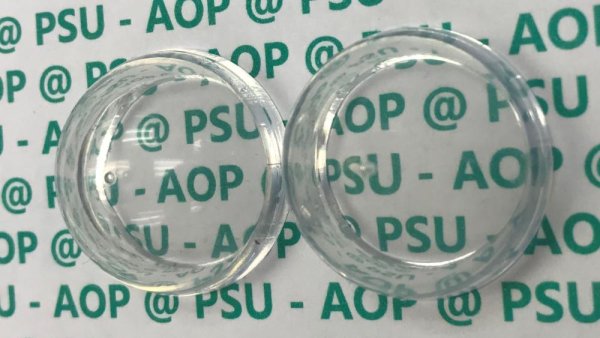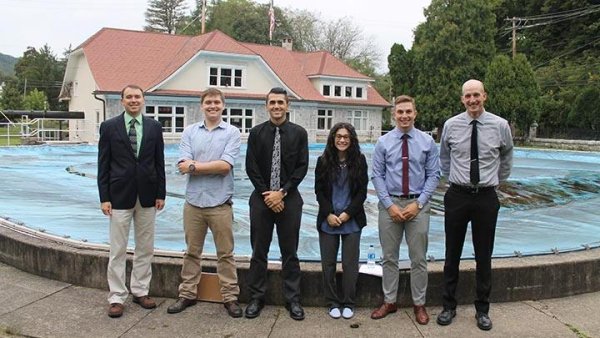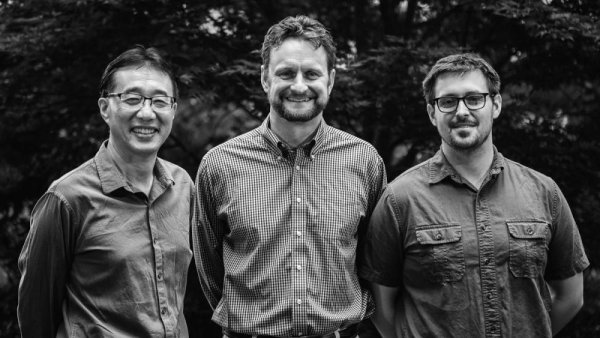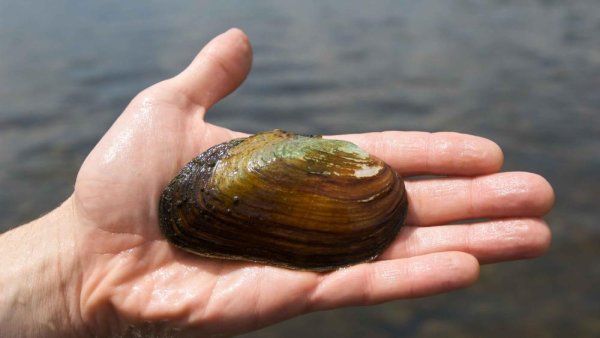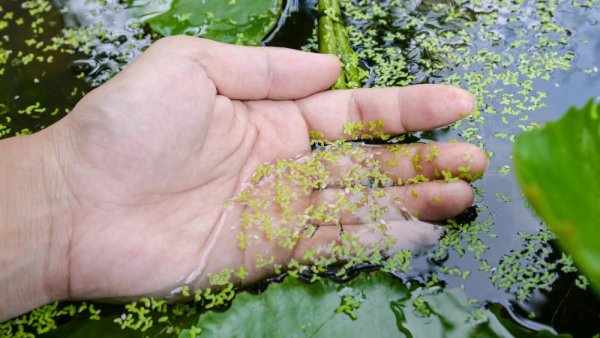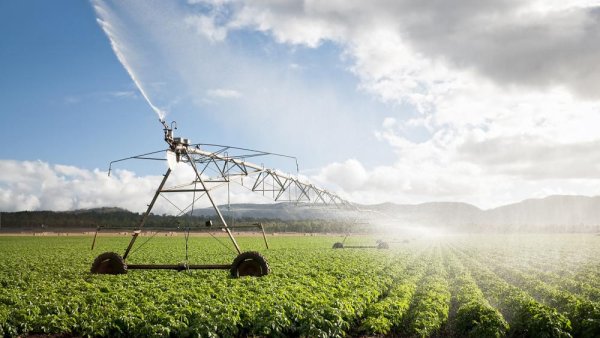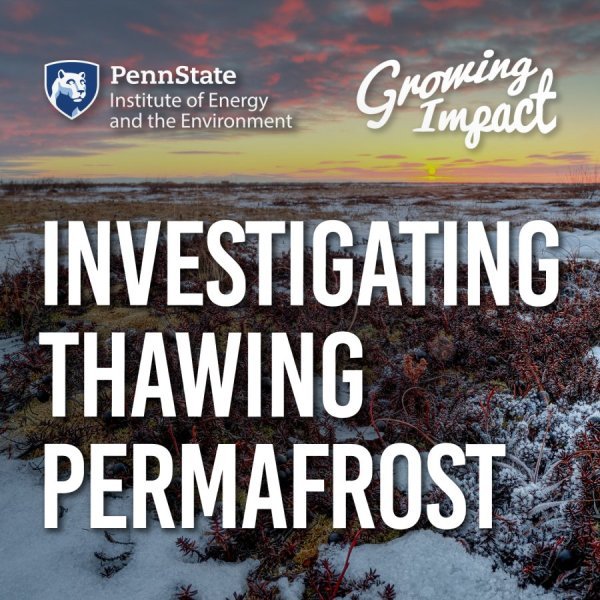Changing how government assesses risk may ease extreme financial event fallout
| psu.edu
When the economy sinks, federal loan programs, such as Fannie Mae and Freddie Mac, typically all suffer from the financial shock. However, these programs treat risk separately. Penn State researchers suggest that assessing combined risk, rather than assessing it on a program-by-program basis, may lessen taxpayer burden and lower the chances of the need for bailouts.
Antireflection coating makes plastic invisible
| psu.edu
Antireflection (AR) coatings on plastics have a multitude of practical applications, including glare reduction on eyeglasses, computer monitors and the display on your smart-phone when outdoors. Now, researchers at Penn State have developed an AR coating that improves on existing coatings to the extent that it can make transparent plastics, such as Plexiglas, virtually invisible.
Interior design scholar joins College of Arts and Architecture faculty
| psu.edu
Mihyun Kang has been appointed as a research professor in the Stuckeman School of Architecture and Landscape Architecture and the College of Arts and Architecture liaison to the Sustainability Institute. Kang, who holds a Ph.D. in interior design from the University of Minnesota, comes to Penn State from Oklahoma State University, where she was a professor and the holder of the Chris Salmon Endowed Professorship in the Department of Design, Housing and Merchandising. Her research focuses on sustainable interior design and design for special populations.
Penn State chosen by Department of Energy to help modernize the power grid
| psu.edu
In an effort to modernize and reimagine the United States' power grid, Penn State researchers have qualified for a highly selective, innovative competition sponsored by the U.S. Department of Energy.
Penn State Hazleton students work on engineering project for Bellefonte
| psu.edu
A group of engineering students at Penn State Hazleton is already getting the opportunity to put their knowledge and skills to use on a real-world project. They are working on designing a drinking water protection system for the borough of Bellefonte on its historic Big Spring, which provides water for about 9,000 customers.
LaJeunesse and colleagues receive 2017 Tyge Christiansen Prize
| psu.edu
Three Penn Staters, including Associate Professor of Biology Todd LaJeunesse, his former graduate student Drew Wham, and Director of the Microscopy Facility Gang Ning, have been awarded the 2017 Tyge Christiansen Prize by the International Phycological Society, an organization dedicated to the study of algae.
Re-Imagining Energy: Generating Energy
| psu.edu
Penn State researchers are developing a range of innovative technologies to harvest the sustainable energy of natural processes to power our future. Part one of a five-part series.
Re-Imagining Energy: Storing Energy
| psu.edu
Penn State researchers are at the forefront of a revolution in materials that's enabling batteries that charge faster, last longer, and are safer than conventional batteries. Part two of a five-part series.
Fracking wastewater accumulation found in freshwater mussels' shells
| psu.edu
Elevated concentrations of strontium, an element associated with oil and gas wastewaters, have accumulated in the shells of freshwater mussels downstream from fracking wastewater disposal sites, according to researchers from Penn State and Union College.
Energizing the food-energy-water nexus: the fortuitous tale of duckweed
| psu.edu
Rachel Brennan knows how precious of a commodity water is. During her time as the director of Penn State's Eco-Machine, her work has involved a helpful little plant that is impacting the food-energy-water nexus.
Larger cities have smaller water footprint than less populated counterparts
| psu.edu
Global sustainability is important now more than ever due to increasing urban populations and the resulting stress it can have on natural resources. But increased populations in cities may lead to greater efficiency, as a team of Penn State researchers discovered when they analyzed the water footprint of 65 mid- to large-sized U.S. cities.
Lab Bench to Commercialization 2018–19 grant recipients announced
| psu.edu
The Eberly College of Science's Office for Innovation has awarded three faculty members $75,000 each toward commercializing intellectual property from their research.


